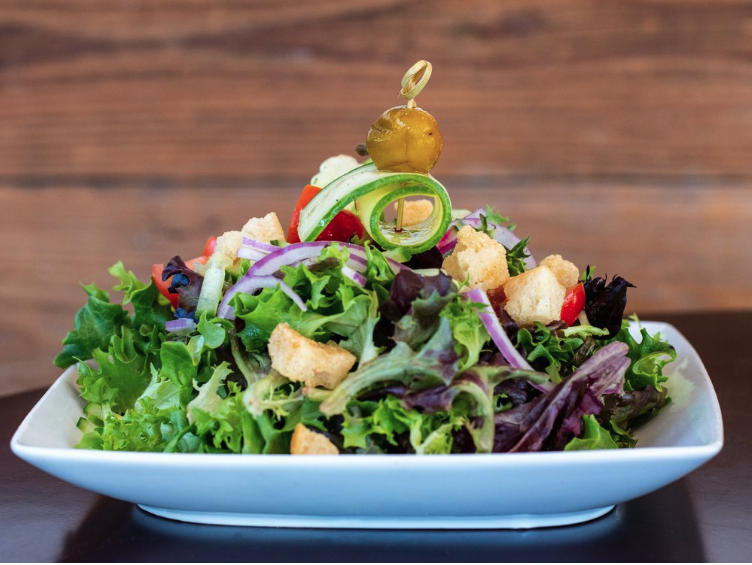
Why Do You Feel Lost, Not Knowing What to Eat or How to Eat after Losing a Lot of Weight?
After years of dieting and losing a significant amount of weight through restrictive strategies, the fear of eating has become overwhelming. The thought of eating freely triggers anxiety, as you're afraid of losing control and regaining all the weight you worked so hard to shed.
Restrictive dieting has given you a sense of control—counting every calorie, weighing every morsel, and adhering to a strict eating schedule. But in the process, you've never learned how to eat normally, in tune with your body's natural needs. Now, the realization has hit: you can't maintain a calorie deficit forever, yet the fear of eating "non-diet" foods feels paralyzing.

Why Do You Feel Deprived When Eating Healthy?
A common misconception is that eating fewer calories will directly lead to weight loss. While a calorie deficit is essential for weight loss, excessively low-calorie diets can backfire. The body perceives this drastic reduction as a threat, slowing down the metabolism to conserve energy. This survival mechanism can stall weight loss and even lead to weight gain once normal eating patterns resume.

How to Help Your Picky Eater Become a Healthy Eater?
When it comes to picky eaters, most parents have been told, "When they're hungry, they'll eat." But there are a few really, really, really stubborn children that hunger does not bother them. Some just think that "your food" is so disgusting that they rather starve themselves than eat your food.
Why are some kids so fussy about food?
There are many reasons why your child does not want to eat or lacks an appetite or interest to eat. Picky eating may be associated with everything from personality traits to parental control at mealtime, social influences, maternal eating patterns and development, gastrointestinal issues, food allergies and sensitivities, sensory issues, etc. Or it could just be your kid being, well, a kid or something else.